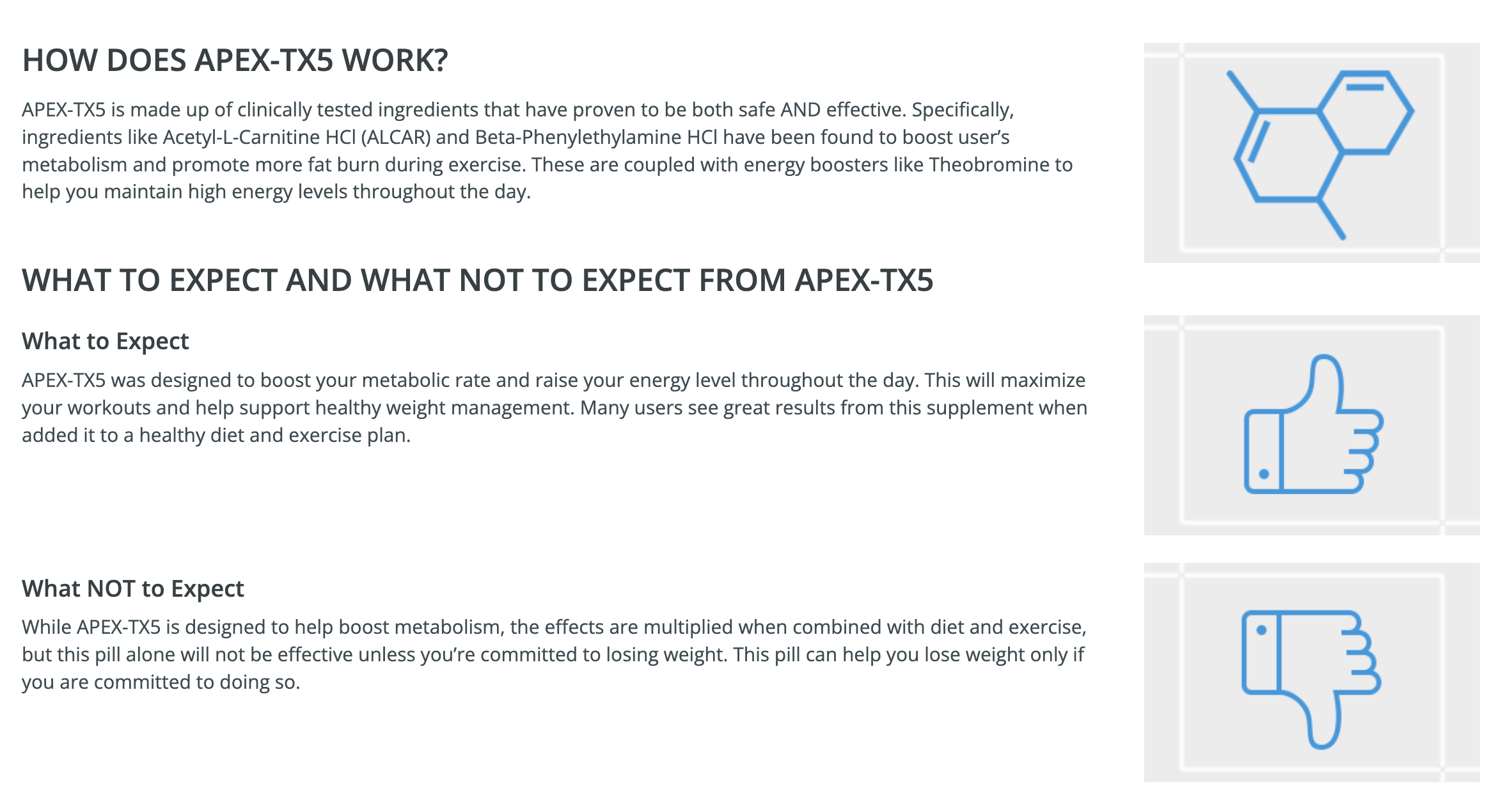Is your sales copy ethical or breaking laws? In today’s age, where marketing is increasingly persuasive, ethical copywriting is crucial in building a sustainable and credible brand. But what is ethical copywriting? And why is it important?
Ethical copywriting is creating marketing messages that are truthful, transparent, and respectful of your audience’s privacy and rights. Ethical copywriters aim to persuade their audience with integrity and authenticity rather than resorting to manipulative or deceptive tactics.
In this blog post, I’ll explore what ethical copywriting is, why it matters, and how to practice it.
What Is Ethical Copywriting?
Ethical copywriting is a practice that focuses on honesty, transparency, and fairness. Ethical copywriters use language that is clear, concise, and respectful of their audience, while avoiding manipulative techniques that might deceive or harm them.
The principles of ethical copywriting include:
- Honesty: Copy should be truthful and accurate, avoiding misleading or exaggerated claims.
- Transparency: Copy should disclose any material information that may influence the audience’s decision-making process.
- Respect: Copy should respect the audience’s privacy, diversity, and individual rights.
- Clarity: Copy should be clear, concise, and easy to understand.
- Data-driven: Back up any claims you make with statistics, data, studies, and testimonials.
Examples of ethical copywriting include providing factual information, using non-discriminatory language, and disclosing any potential conflicts of interest.
Look at this section of a sales page for a weight loss supplement. It uses ethical copywriting by explaining how the product work while also communicating to customers that they still have to exercise and have a healthy diet to get results. It’s not a magic pill and you must be committed to a healthy lifestyle.

Why Is Ethical Copywriting Important?
The impact of unethical copywriting can be severe. Misleading, manipulative, or discriminatory copy can damage the reputation of the brand and lead to legal consequences. In fact, 56% of Americans stop buying from brands they believe are unethical. It erodes the trust and loyalty of the audience, resulting in a loss of customers and revenue.
On the other hand, ethical copywriting can have several benefits for the brand, including:
- Increased credibility: Ethical copywriting can establish the brand as trustworthy and transparent, helping to build customer loyalty.
- Enhanced reputation: Ethical copywriting can help the brand to maintain a positive image and avoid any negative press.
- Improved conversions: Ethical copywriting can help the brand to connect with the audience on a deeper level, leading to more effective and sustainable marketing campaigns.
How to Practice Ethical Copywriting?
To practice ethical copywriting, follow these guidelines:
- Understand your audience: Conduct market research to understand the needs and expectations of your audience. This will help you to create copy that resonates with them and avoids any stereotypes or discriminatory language.
- Avoid manipulative language: Avoid using manipulative techniques such as fear, scarcity, or social proof to influence the audience’s behavior. Instead, provide factual information and make a compelling argument based on the benefits of the product or service.
- Ensure transparency and honesty: Disclose any relevant information, such as the price, features, and potential limitations of the product or service. Avoid making exaggerated or false claims that might mislead the audience.
- Respect privacy and personal information: Collect and use personal information only with the consent of the audience, and ensure that it is used for legitimate purposes only. Avoid sharing personal information with third parties without explicit consent. 63% of Internet users believe most companies aren’t transparent about how their data is used, and 48% have stopped shopping with a company because of privacy concerns.
- Avoid stereotypes and discrimination: Avoid using language or images that might perpetuate stereotypes or discriminate against any group of people. Use non-discriminatory language that is inclusive and respectful of diversity.
- Uphold intellectual property rights: Respect the intellectual property rights of others, including copyrights, trademarks, and patents. Do not use copyrighted material without permission, and avoid creating content that infringes on others’ intellectual property.
Common Ethical Issues in Copywriting
Some common ethical issues in copywriting include:
- Deceptive advertising: Using false or misleading claims to promote a product or service.
- Using fear tactics: Manipulating the audience’s emotions to persuade them to take action based on fear rather than informed decision-making.
- Misleading claims and promises: Making claims or promises that cannot be proven, or that are not based on factual evidence.
- Unethical targeting: Targeting vulnerable or disadvantaged groups of people, such as children or those with limited financial resources.
- Inappropriate use of persuasive techniques: Using persuasive techniques such as social proof, scarcity, or authority to manipulate the audience’s behavior.
The following was an advertisement that was banned by the British advertising regulatory body for misleading customers. In particular, Olay retouched the image digitally to remove wrinkles, but claimed the product did it instead. This is an example of unethical copywriting and advertising.

The Verdict on Ethics in Copywriting
Ultimately, ethical copywriting is essential for any successful marketing campaign. Always take the time to understand your audience, create accurate and informative content, and avoid any unethical practices that could harm your brand’s reputation. Following these guidelines will help you to build trust with your audience while ensuring that all your marketing activities are ethical and compliant with applicable laws.
If you want to improve your copywriting and get mentorship from me, explore my online programs.














